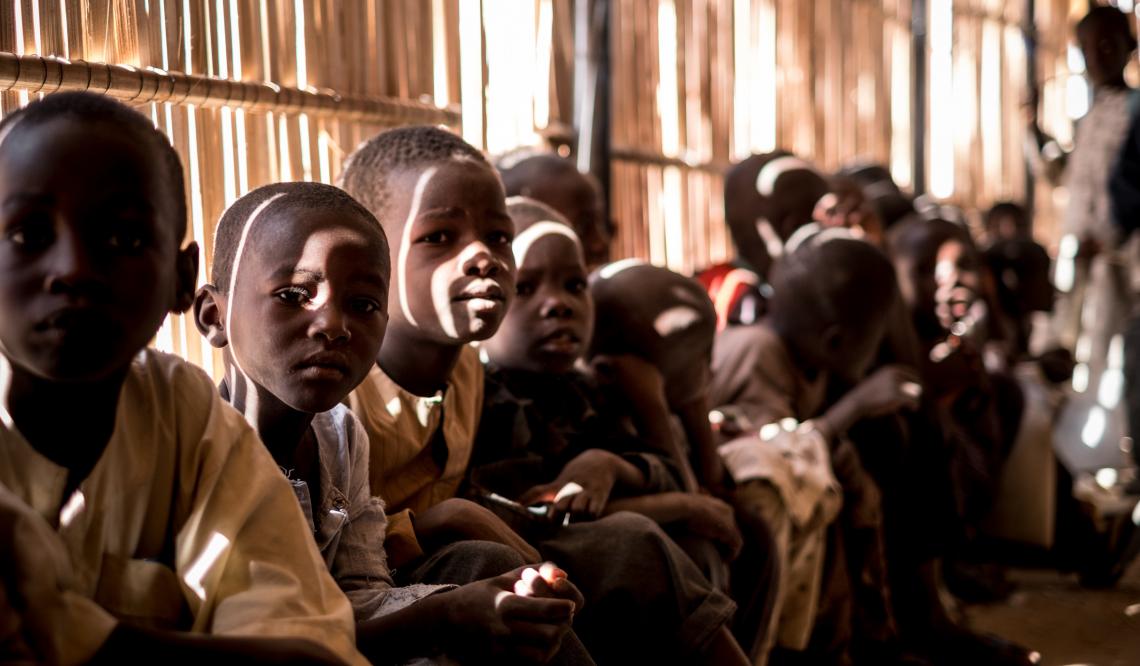In the face of a persistent challenge, the clamour for sustainable solutions to address the growing number of out-of-school children in Nigeria has never been more urgent. Despite the implementation of various education intervention initiatives and programmes, the issue remains unabated, underscoring the need for a novel approach. As policymakers in the Nigerian education sector grapple with this pressing dilemma, there arises a crucial imperative to heed the call for the establishment of an after-school programme tailored to the needs of these marginalised children.
Over the years, Nigeria has witnessed concerted efforts in collaboration with international development partners and the federal government to address the plight of out-of-school children. Programmes such as the Conditional Cash Transfer Programme, Better Education Service Delivery for All (BESDA), Almajiri Integration Programme, School Feeding Programme, and Girls’ Education Programme Phase 3 (GEP3) have been implemented with considerable financial investment. However, despite these initiatives, the desired outcomes have remained elusive, as evidenced by the continued increase in the number of out-of-school children in recent years.
To effectively tackle this menace, it is imperative to chart a new course by implementing a comprehensive, cost-free after-school programme targeting the more than 20 million out-of-school children across the nation. This programme would provide vital support to ensure these children can access education without facing undue hardship or barriers such as the lack of uniforms or school fees. With schools in Nigeria typically overcrowded and closing at 2 pm, the proposed after-school programme would commence from 2 pm to 6 pm, thereby extending learning opportunities for out-of-school children who are eager to attend school.
Crucially, the after-school programme would enlist the expertise of retired teachers and civil servants as paid volunteers, leveraging their wealth of experience to deliver quality education to these underserved children. Furthermore, free learning resources would be provided to facilitate effective teaching and learning, while a national curriculum tailored to accommodate the unique needs of these students would be designed.
Drawing inspiration from successful initiatives elsewhere, such as the Nashville International Center for Empowerment’s Youth and Adult Education programme in the United States, underscores the viability of such an endeavour. Similar initiatives have proven instrumental in supporting refugees and migrants in accessing education, providing a blueprint for addressing educational disparities among vulnerable populations.
In essence, the establishment of a robust after-school programme represents a pivotal step towards addressing the plight of out-of-school children in Nigeria. By prioritising access to education and leveraging innovative strategies, policymakers can usher in a new era of opportunity and empowerment for millions of marginalised children across the nation. As the education sector continues to grapple with this formidable challenge, the time to act decisively is now, ensuring that no child is left behind in the pursuit of a brighter future for Nigeria.
Tijjani Mukaddas, Humphrey fellow from Vanderbilt University USA.

 Join Daily Trust WhatsApp Community For Quick Access To News and Happenings Around You.
Join Daily Trust WhatsApp Community For Quick Access To News and Happenings Around You.


